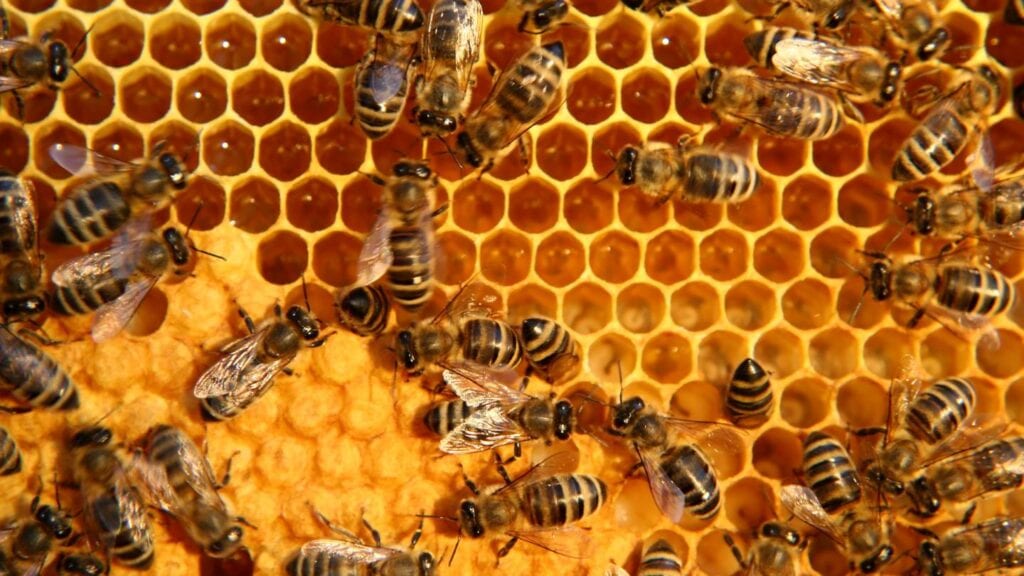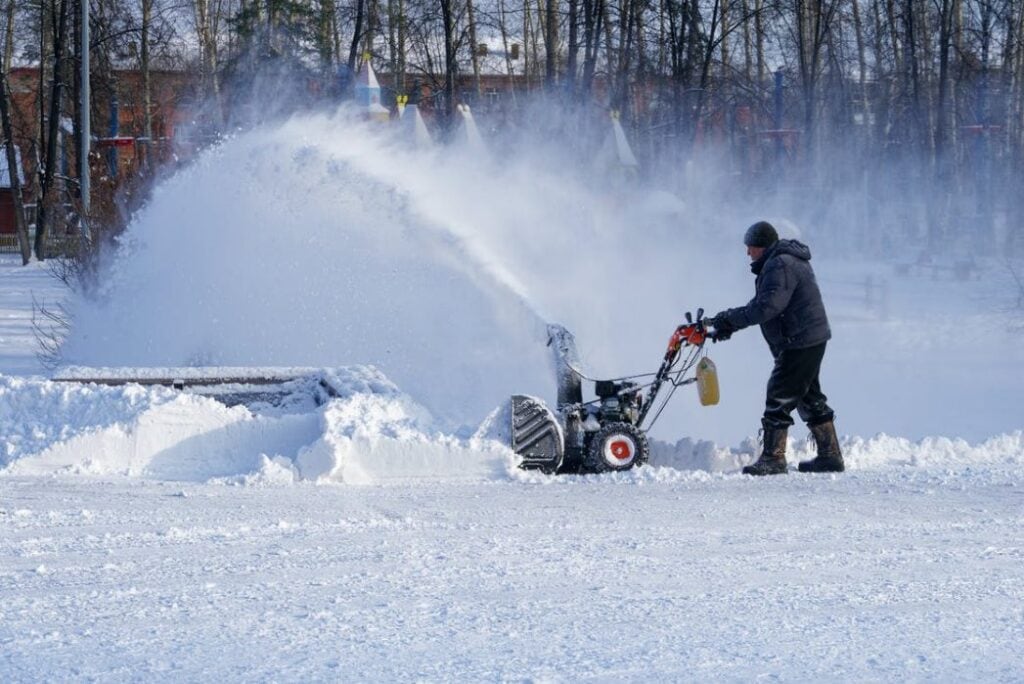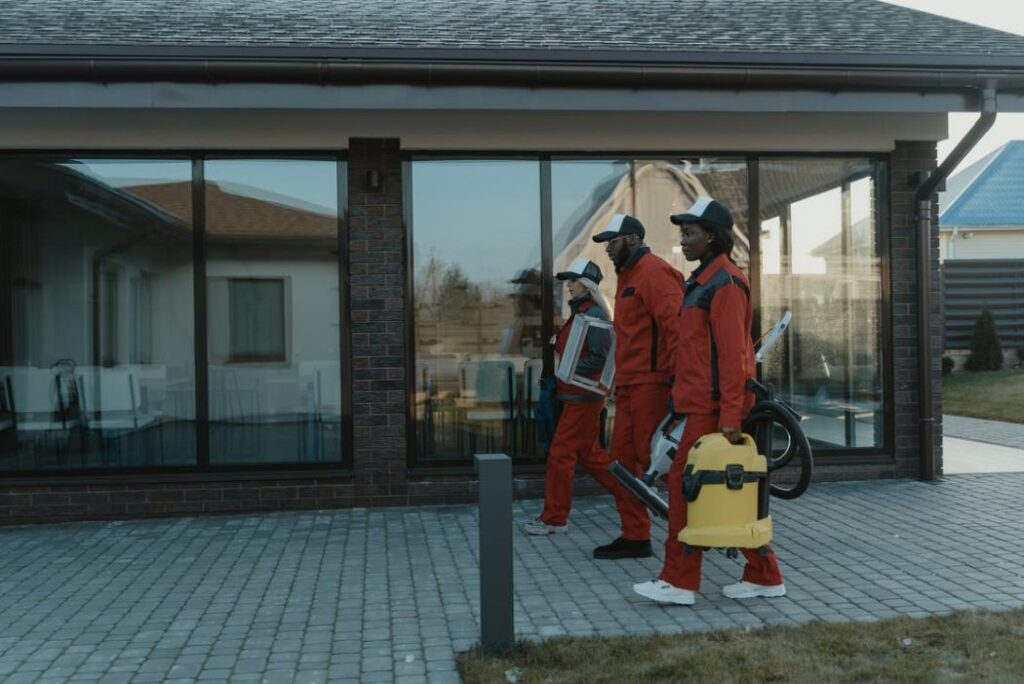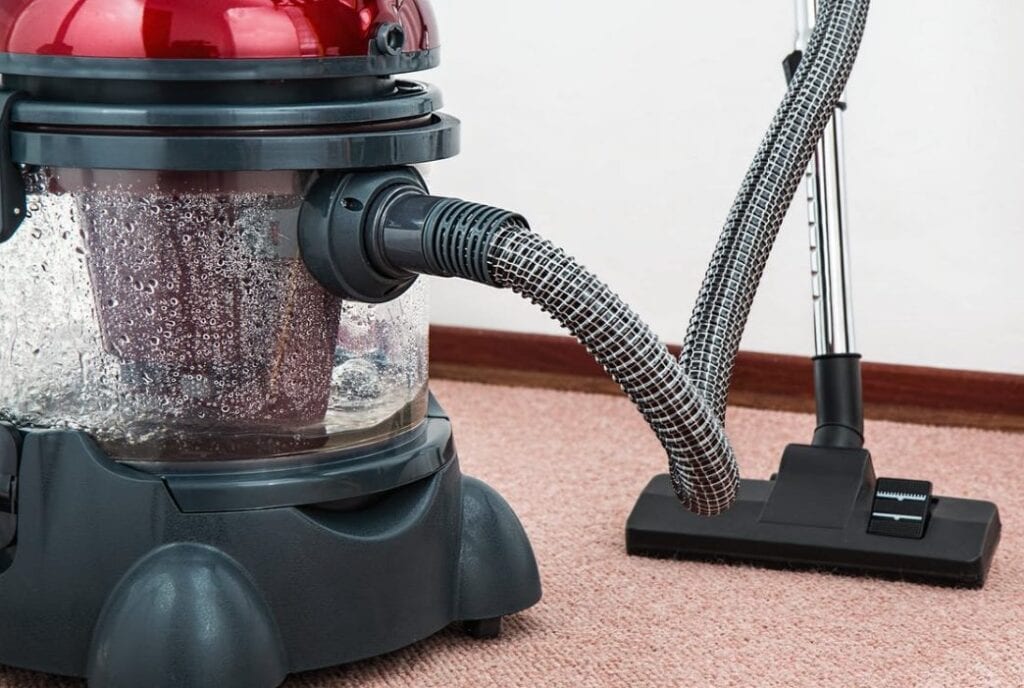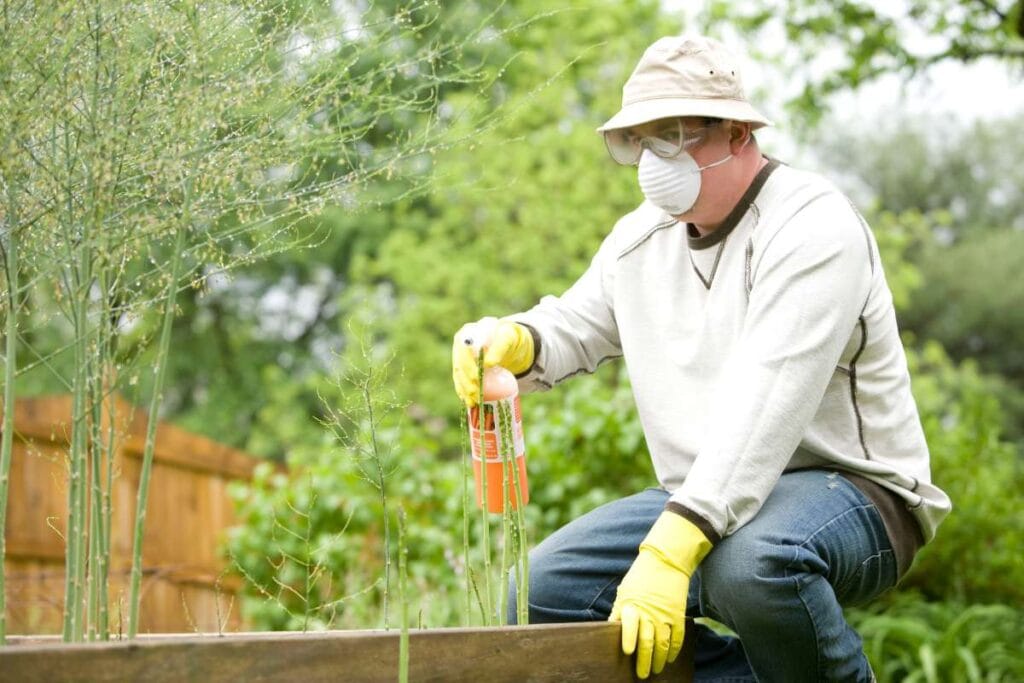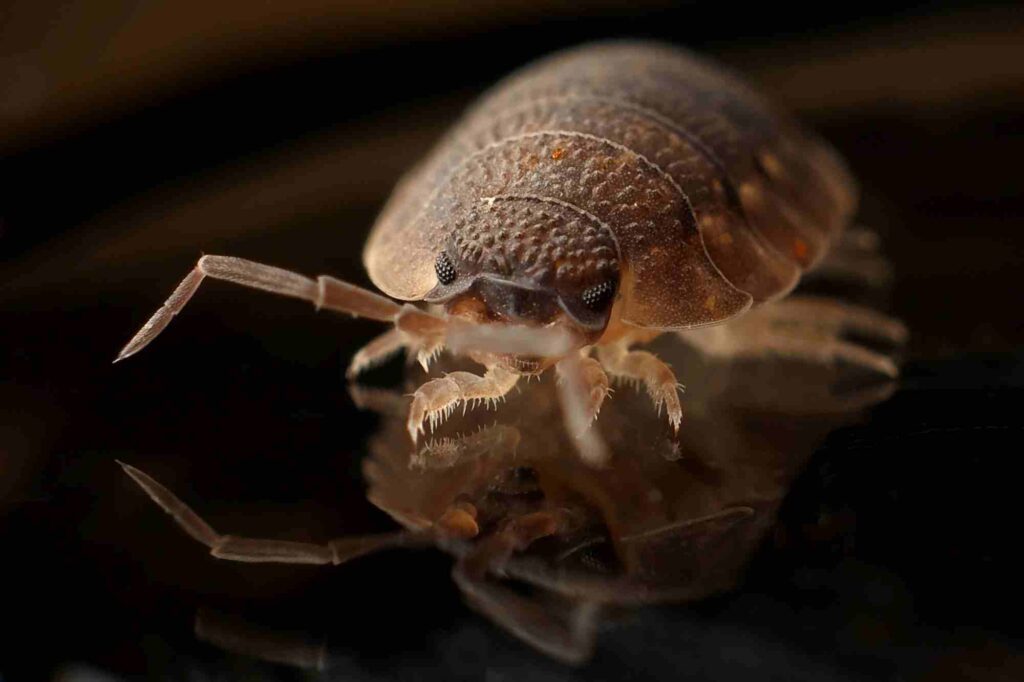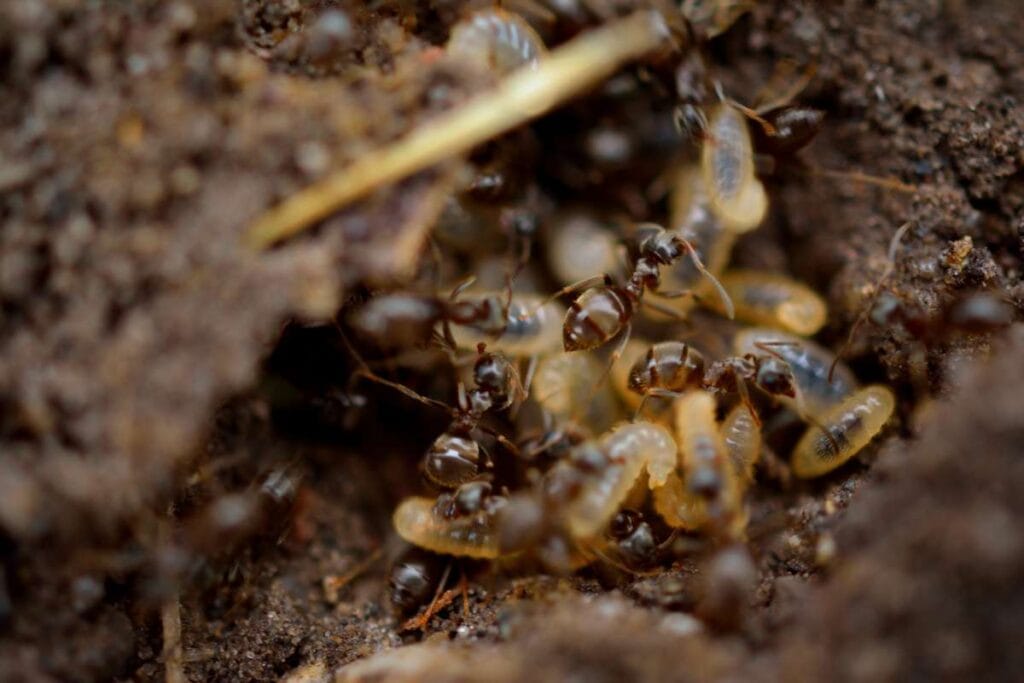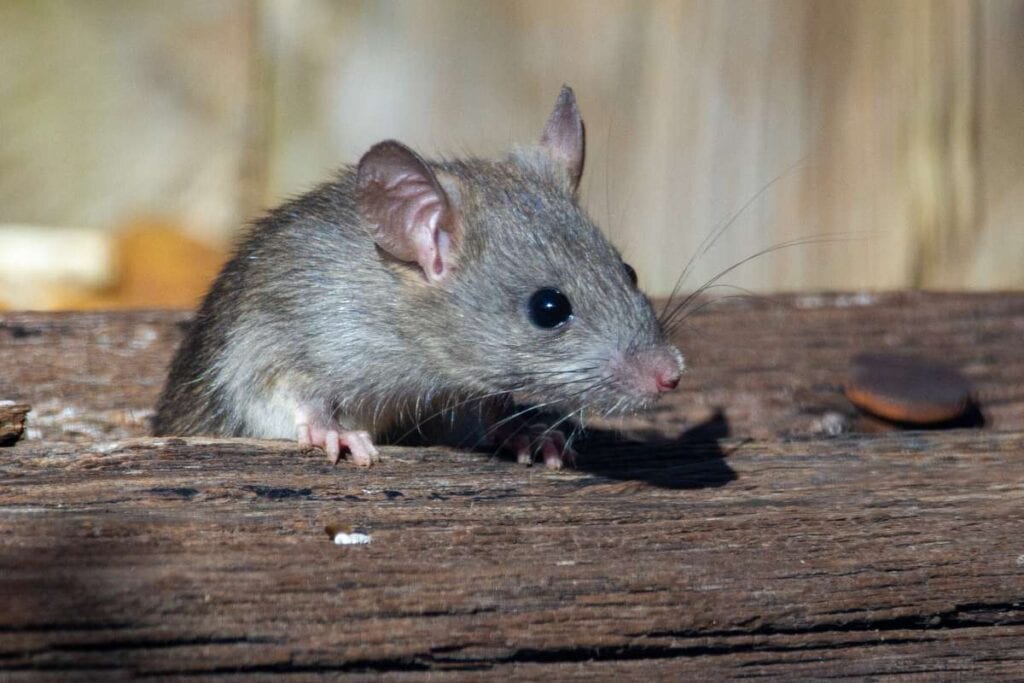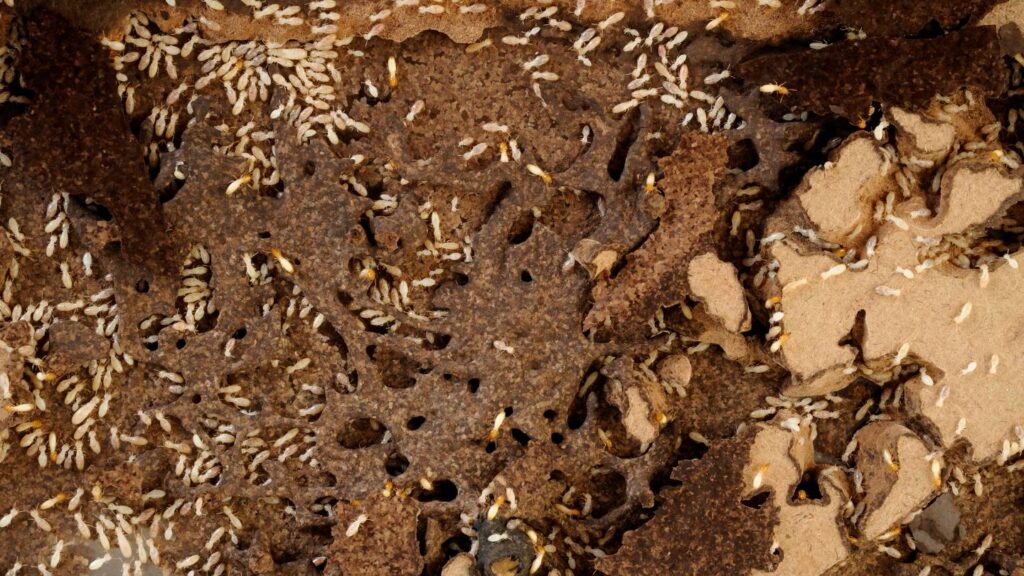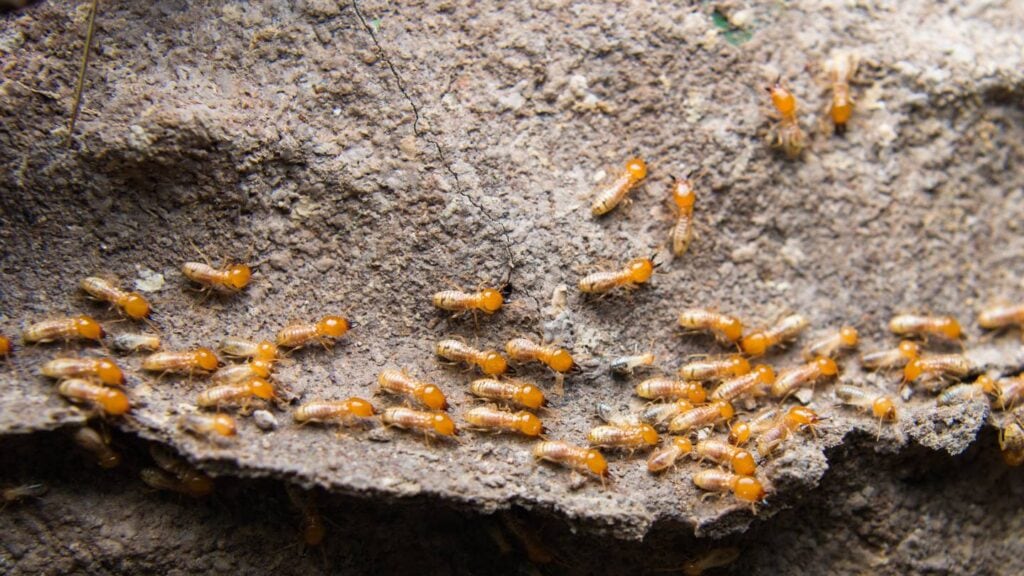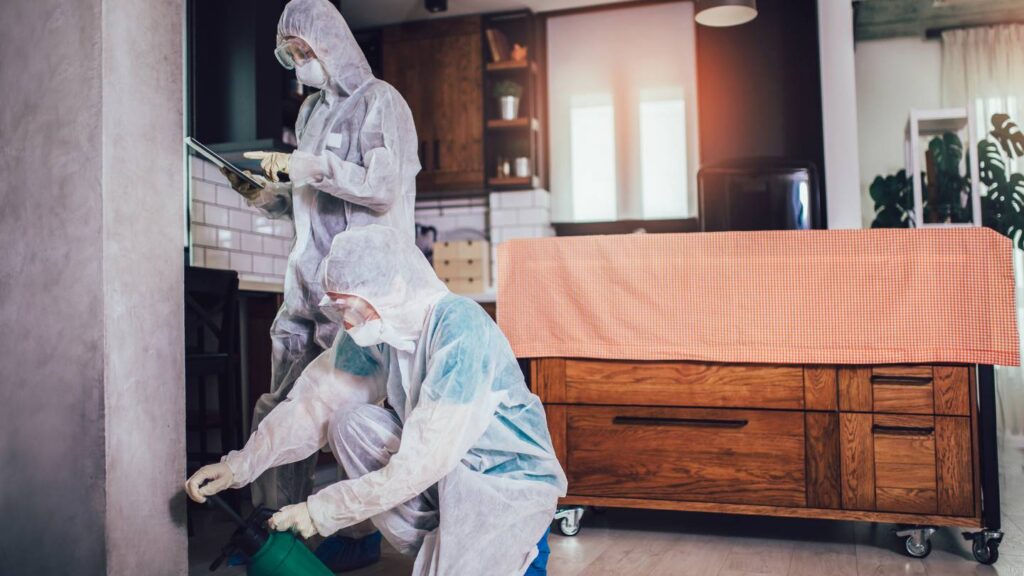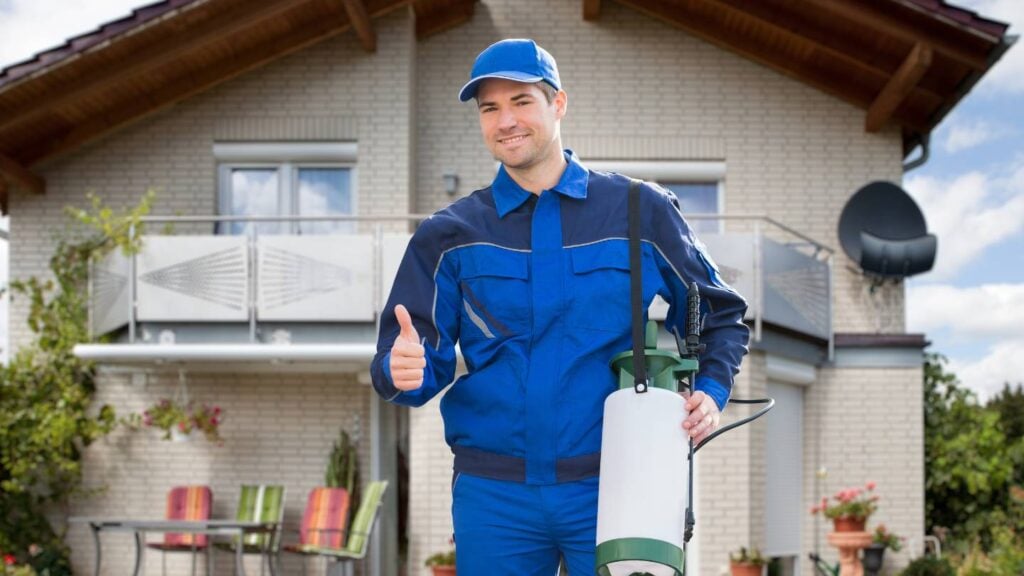Are you considering doing anything DIY to eliminate those annoying wasps and bees in your yard? Before buying insect spray or doing DIY bee and wasp control, learn the risks. It would help to be well-educated before acting against these buzzing insects since they can cause serious harm.
In short, trying to get rid of wasps and bees on your own can be dangerous. Getting rid of these bugs without the right information and tools can cause painful stings, allergy reactions, and even dangerous situations. To protect yourself and the health of these important insects, you should be very careful when trying to get rid of wasps and bees. It would help if you also thought about other choices.
While these are some dangers of do-it-yourself bee and wasp management, they are far from the only ones. Learn more about the risks and get professional advice on dealing with them safely in this in-depth article. Keep reading to find out how to handle these buzzing intruders in a way that protects your house and family.
Allure Of Do-It-Yourself Approaches
There is no denying the appeal of DIY (Do It Yourself) solutions; they provide several advantages that meet both practical and emotional demands.
Saving money is a major incentive for people to choose do-it-yourself solutions. Compared to professional services or pre-made goods, a do-it-yourself job costs are typically lower. Saving a tonne of money is a strong incentive to do things on your own, whether fixing your car, making homemade presents, or fixing your house. This monetary component allows people to make their money go further and use their resources better.
The pride in doing a task on one's own is another attractive feature of do-it-yourself projects. When you finish a do-it-yourself job, you get tremendous satisfaction. A sense of mastery and independence like this may improve confidence and self-esteem. Whether you're constructing a piece of furniture, tending to a garden, or becoming an expert cook, there's nothing quite like witnessing the physical manifestation of your labour.
Do-it-yourself options are also easier because there are so many DIY goods in stores. Stores now carry a wide range of tools, materials, kits, and how-to guides that are made just for people who like to do things themselves. These items make it easy for people to start their do-it-yourself projects.
Home improvement shops carry everything from power tools to paint, and craft stores are full of art supplies. The internet also has a lot of tutorials, guides, and groups where people can learn how to do things themselves and share what they've learned. This makes these answers even easier to find.
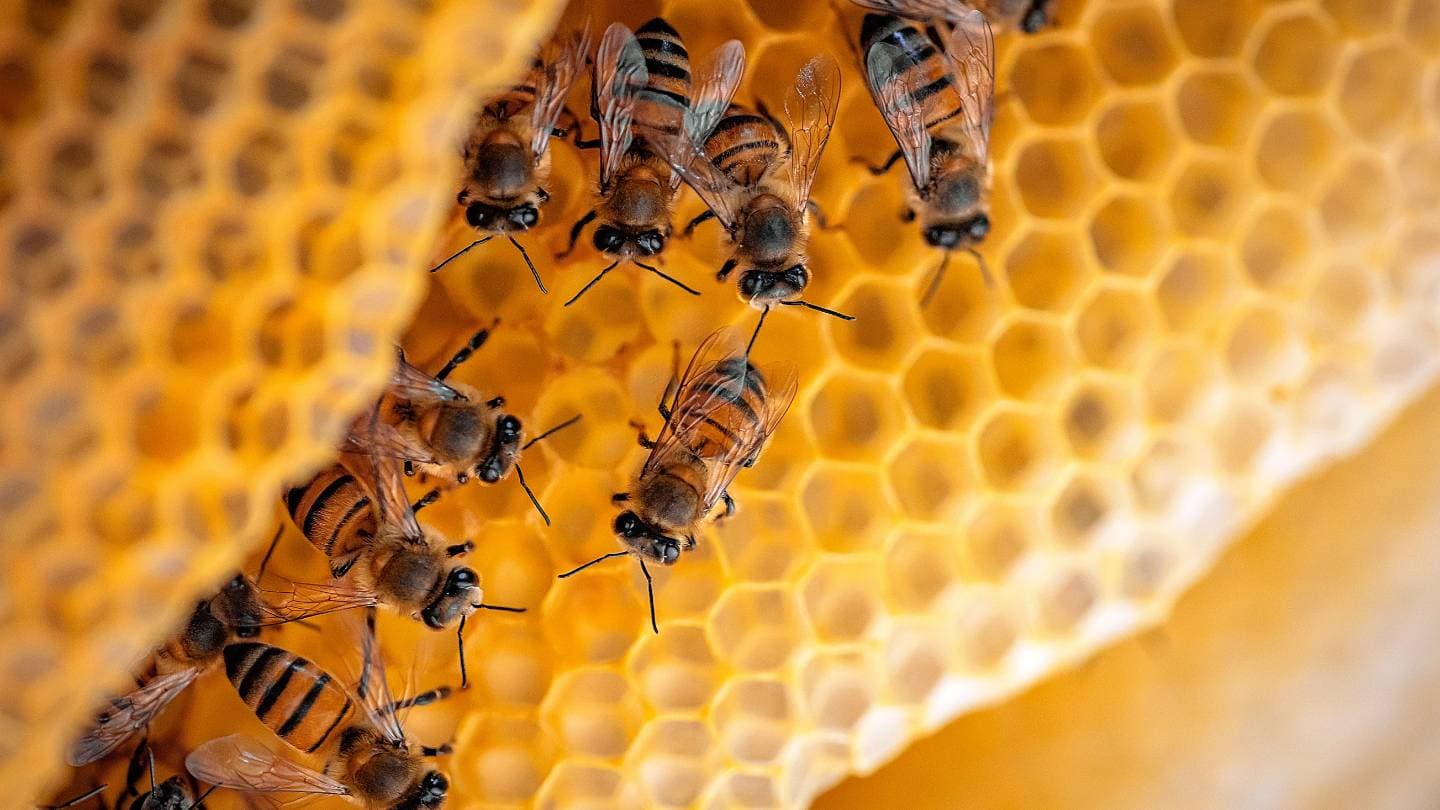
The Unseen Threats
A pest control kit is similar to a toolbox, except for pests in the house. It has everything you need to be pest-free and prepared for anything that comes your way. The level of awareness the owner holds determines whether their home is free of bugs.
It makes no difference if you have pest control goods stashed away in your cupboard; what matters is that you understand their proper usage. This blog explains why pest management is best left to experts and the risks involved with doing it yourself. If you're considering trying your pest management alone, this article will help.
Health Risks
If you don't use them right, the poisons in do-it-yourself pest control items can harm people and animals. It can cause poisoning, skin discomfort, and other health problems like diseases when used or stored incorrectly.
Care Treatments That Don't Work
You might think the DIY items you used killed all the ants, cockroaches, and other bugs, but they keep returning. Most over-the-counter treatments can't completely get rid of an invasion that has already started.
Property Losses
If not used correctly, all those DIY sprays, foggers, and powders might harm your home's floors, walls, fixtures, and other surfaces.
Sending Out Pests
When you try eliminating pests with do-it-yourself goods, they often move to other parts of your home to escape the chemicals. This makes it a lot harder to control the problem.
Effort And Delay
Using do-it-yourself pest control solutions requires much time and energy researching, buying, and applying different treatments. There will be a lot of disappointment when they cannot eliminate the bug problem.
Not The Right Application
When pesticides are used incorrectly, they can spread diseases to people. This is because poisons don't always get rid of pests and can hurt people and other animals. When chemicals are treated wrong, they can make you sick and give you headaches, nausea, and dizziness.
Incorrect use of pesticides can also cause expensive damage to buildings and other structures.
The inadequate control of rats and other pests caused by improper pesticide application might put them at risk of pesticide-related damage. Lastly, pesticide run-off and pollution are possible outcomes of pesticide overapplication. Properly applying pesticides guarantees efficient control of pests while minimising risks to you and the environment.
Results Not Good Enough
If you want to get rid of pests in your home, you must do it correctly. This is the best way to get rid of pests without hurting the environment and keep the problem from coming back. This is why you should get help from pros who deal with pest control.
They are well-versed in the ins and outs of pest management and can easily handle infestations. Doing so guarantees that your issue will persist. Also, be careful not to poison yourself or anybody else when you do-it-yourself pest control with pesticides. That's why, whenever you have an infestation, it's wise to seek the assistance of pest control experts.
Pesticides Are Used Too Much
Pesticides work well and are safe to eliminate pests in the yard and home. But they can harm people and the world if they are not used properly. Too much use of pest control products can harm your health, causing stomach cramps, blurred vision, excessive eye watering, and too much salivation. Breathing in pesticide vapours, sprays, or dust can make you feel sick all the time, with muscle weakness, trouble concentrating, and general feeling unwell.
Proper and careful adherence to professionals' instructions is paramount when controlling pests. Pollution, harm to plants and animals, and potential health problems can result from the unchecked use of pesticides. Because of the dangers posed by rats and mice, including the diseases they transmit and the damage they can do to buildings and infrastructure, it is always wise to hire a professional pest control service.
Dangers You Might Not See
Having fleas and ticks in your house is not good for your health. Fleas can be passed from person to person, so if your pet gets fleas, you need to clean your home very well. Fleas can get into homes by hiding in beds or other soft places, and they can also get from one place to another on people's clothes and other things they carry. Fleas can be a bother, and their bites can be very painful and cause allergy reactions in some people.
Quick action is required to stop the spread of fleas if you discover an infestation in your house. Flea management tactics include:
- Using roachicides indoors.
- Taking flea baths outside (to kill fleas before they enter the house).
- Eliminating flea hiding spots.
You may also use a flea vacuum to clean mattresses and floors. Furthermore, flea vaccination and regular cat grooming are of the utmost importance.
Further, rodents like mice and rats are hazardous to buildings and other infrastructure. In addition to posing a threat of salmonellosis, leptospirosis, and plague to locals, rodents may ruin crops and pollute water sources.
In addition, rodents are a source of infection for people due to the parasites they carry, which include ticks, fleas, and mites. These parasites can cause illnesses affecting the skin, eyes, mouth, and lungs. Preventing recurring infestations requires the expertise of a pest control professional.
Advantages Of Professional Pest Control
If you try to fix it alone, you can make matters worse! The most effective method for dealing with pests is to use the services of a professional pest control company. In our most recent blog post, we'll review some of the main reasons you should use a pest control service.
Getting Rid Of Pests Quickly
We have a lot of experience and knowledge regarding getting rid of pests. We know how to get rid of pests quickly and have the right tools for the job.
Provide Pest Management Services In A Safe And Humane Way
Insects and other creatures seen as nuisances in Australia play an essential role in maintaining our ecology. With this in mind, Pest Control provides a service that is both effective and compassionate in its fight against pests.
We will eliminate the pests from your property in a way that won't harm your house, family, or pets unless doing so is mandated by law or is otherwise impossible. Possums and beehives are among the things that need to be moved.
Always Get Things Done
We always work hard to give you the best result possible. The people who work for our pest control company can even help you make your home more resistant to pests so they don't come back. If you need a pest control service you can count on, look no further than our team of experienced professionals.
Proficiency And Background
Professionals employed by reputable pest control businesses thoroughly understand various pest varieties, their behaviours, and the most efficient ways to treat them. Expert pest control services can tackle any infestation, including those that DIYers must address.
Close Examination And Identification
A professional pest control expert will carefully look over your home to find all the places where pests could get in, nest, eat, and other things that would draw them. The pest control professional can create the best treatment plan by correctly identifying the species entering your home. People who try to do things independently often miss important areas that need professional care.
Cutting-Edge Instruments And Eliminating Pests
Companies specialising in pest management can access sophisticated application equipment and stronger chemicals than the average person. Carpenter ants and other pests can be more effectively and permanently eliminated using modern pest management methods, such as targeted spraying equipment, heat treatments, and commercial-grade pesticides.
Safer Methods Of Pest Control For The Environment
Reputable pest management businesses increasingly widely use green, environmentally friendly pest treatment methods. Their chemical pest control products are designed to eradicate all pests while being far safer for people, pets, and the environment. Most homemade insecticides are created using strong chemicals.
Stop Future Infestations
An experienced pest control provider can eradicate the insect problem and prevent future infestations. Do-it-yourself treatments only kill what you can see, and they often cause pest problems to happen again and again.
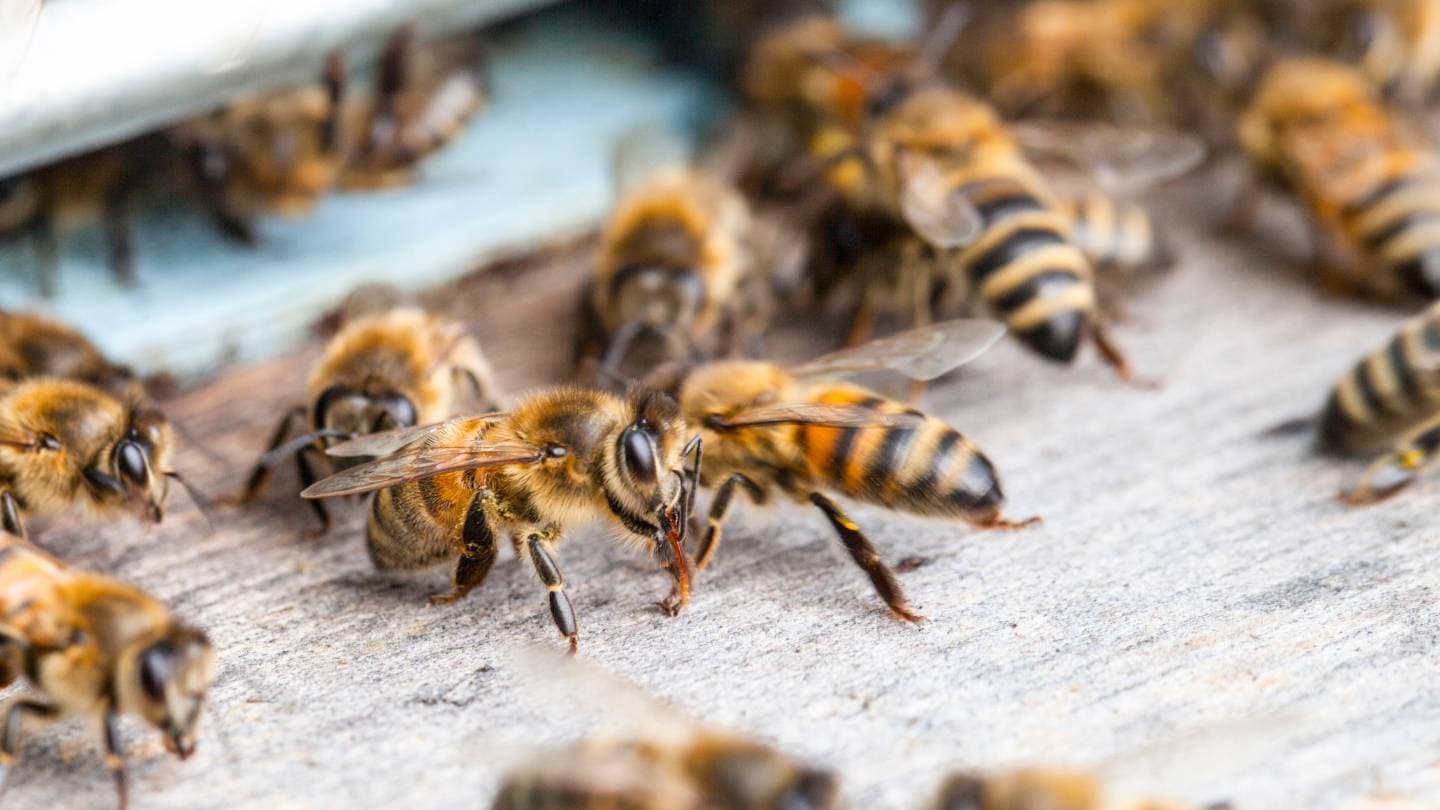
Bee And Wasp Control Alternatives To DIY
Methods Of Prevention:
- To keep wasps and bees out of your house, put screens on your windows and doors and cover any gaps they may find. Make sure there are no openings in your walls, roof, or foundation by sealing any cracks or holes.
- Could you get rid of things that attract them? Keep outdoor trash and food bins tightly covered to keep bees and wasps away. Pick-up any fruit that has fallen off trees, and don't leave sugary drinks or food out in the open.
- Plant plants that repel bees and wasps: Mint, basil, and lemongrass are a few examples of plants that can keep bees and wasps away from your garden and outdoor spaces.
- Maintaining your property regularly will help you spot and remove potential nesting locations, such as decaying wood, hollow trees, and abandoned buildings.
Safe and eco-friendly options for do-it-yourself bee and wasp management include prevention strategies and non-lethal removal and relocation procedures. By avoiding potentially dangerous chemical treatments, they protect humans and pets from bee stings and aid in conserving these important pollinators.
Conclusion
Because of the mild weather and pollen, bee and wasp invasions happen more often in some months, like July and August. But their habits and routes for travel change with the seasons. A wasp's body is smooth and thin, with a short waist, while a bee's body is round, hairy, and strong.
Bees eat mostly plant-based foods like pollen and nectar. Honeybees and bumblebees are social insects. Their unique "stinger" helps them defend themselves, and they die soon after stinging. On the other hand, wasps live in groups and eat different kinds of bugs. Their stinger is smoother than a bee's, so they can hit more than once.
Depending on the season, termites, bees, ants, and wasps are common pests. In the spring, termites look for damp wood to eat, and bees use the air to spread pollen. When it rains, ants go inside to stay dry, and a lot of other common pests get together to find a mate to reproduce with.
Invasion season is in the summer, and ants flies, and mosquitoes are the most annoying bugs. Have an insecticide can on hand, use Happy Wrap or seal packages to keep your things safe, and be careful when opening fly screen doors.
Bees and wasps will build big hives around your house. Tell your kids to stay away from them, and get a professional to take down the nest.
In Australia, spiders and insects look for shelter in the fall to get ready for winter. This brings a lot of bugs inside during the winter. This is a bad time for rats and mice because they can get in through broken tiles. During the winter, bees, wasps, and ants tend to hide in bushes and logs. Changes in the climate affect bee and wasp numbers by changing their homes, food sources, and life cycles.
Changes in climate can change the way plants and animals bloom, the area they cover, the number of disasters that happen, the way parasites and pathogens change, the way habitats are destroyed by humans and cities, the use of pesticides, competition between animal species, light pollution, and the breaking down of habitats.
To keep your home free of bugs all year, do things like keeping pests out of the house, cleaning up kitchen spills, getting rid of standing water, and taking care of your yard.
Pests can spread diseases and hurt your health, so keeping them out of your home is very important. Check doors and windows for holes, repair the weatherstripping, and fix any cracks you find. Clear out the kitchen, sweep the floors, put food away, and empty the trash cans often.
Keeping your yard clean is also important to keep bugs from building nests in places where there is too much growth. Regularly trim trees and bushes, get rid of bugs with a rake, and keep your home healthy.
Content Summary
- DIY bee and wasp control can be dangerous, leading to painful stings and allergic reactions.
- It's crucial to be informed and cautious when attempting to manage bees and wasps.
- DIY solutions are appealing for their cost-effectiveness and sense of achievement.
- Many stores offer a range of DIY products, making it easy to start such projects.
- However, improper use of DIY pest control products can pose health risks.
- DIY treatments often fail to eradicate pest infestations completely.
- Incorrect application of DIY products can damage property and spread pests.
- DIY pest control can be time-consuming and inefficient.
- Misapplication of pesticides can lead to health hazards and environmental damage.
- DIY pest control often yields unsatisfactory results, requiring professional intervention.
- Overuse of pesticides can cause health issues like stomach cramps and blurred vision.
- Professional guidance is crucial for safe and effective pest control.
- Fleas and ticks in homes pose health risks and require prompt action.
- Rodents like mice and rats can cause disease and damage, necessitating professional control.
- Professional pest control is more effective and reliable than DIY methods.
- Pest control experts can eradicate pests quickly with their expertise and tools.
- Professional services ensure safe and humane pest management.
- Pest control professionals offer long-term solutions and prevent future infestations.
- They have in-depth knowledge of various pests and effective treatment methods.
- Professionals conduct thorough inspections to identify and address all infestation aspects.
- Pest control companies use advanced equipment and stronger chemicals for effective treatment.
- Eco-friendly pest control methods are increasingly used by professionals.
- Professional pest control prevents recurrent infestations, unlike DIY methods.
- Preventative measures like sealing entry points can deter bees and wasps.
- Removing attractants like exposed food and trash reduces bee and wasp presence.
- Planting repellent plants like mint and basil can keep bees and wasps away.
- Regular property maintenance helps identify and remove potential nesting sites.
- Safe and eco-friendly DIY methods focus on prevention and non-lethal removal.
- Avoiding chemical treatments protects humans, pets, and important pollinators.
- DIY pest control poses risks of inadequate pest elimination and health hazards.
- The appeal of DIY stems from financial savings and personal satisfaction.
- Retail availability of DIY products encourages their use.
- Health risks from DIY pest control include poisoning and skin irritation.
- DIY methods often displace pests rather than eliminating them.
- The effort required for DIY pest control can lead to frustration and delays.
- Incorrect pesticide use can cause sickness and property damage.
- Pesticide run-off and pollution are concerns with DIY pest control.
- Excessive use of pesticides in DIY methods can lead to chronic health issues.
- Professional pest control provides expertise and effective solutions.
- Experts offer quick resolution with appropriate tools and knowledge.
- Professional services ensure eco-friendly and humane pest management.
- Pest control companies offer comprehensive and lasting solutions.
- Experts have thorough knowledge and experience in dealing with various pests.
- Professional inspection identifies all potential pest issues.
- Advanced methods used by professionals ensure more effective pest elimination.
- Green pest control methods are safer for the environment.
- Professionals can prevent recurring infestations effectively.
- Preventative strategies help avoid attracting bees and wasps.
- Non-chemical methods like physical barriers are safe and effective.
- Regular upkeep helps in early detection and removal of potential pest habitats.
Frequently Asked Questions
DIY methods can be risky due to potential stings, especially if you're allergic. Professionals have the necessary protective gear and expertise to minimise these risks.
Common DIY methods include sprays, traps, and home remedies like vinegar and soap. However, their effectiveness varies, and they may not address the root of the problem.
Yes, some DIY pesticides can harm non-target insects, contaminate soil and water, and have adverse environmental effects. Professional pest control services use more eco-friendly approaches.
In some areas, using certain pesticides or methods for bee and wasp control may be regulated or prohibited by local or state laws. It's essential to check local regulations before attempting DIY control.
If DIY efforts prove ineffective or lead to more significant issues, it's advisable to contact a professional pest control service. They can assess the situation, provide expert guidance, and safely resolve the infestation.

